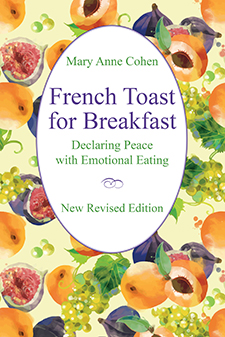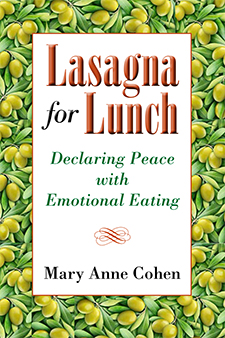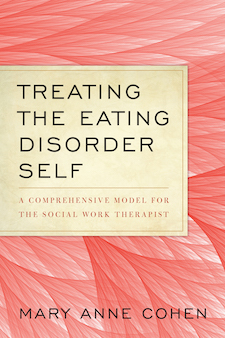The "Benefit" of an Eating Disorder
Jenny was going to a family reunion last month. She tearfully described how her grandmother has Alzheimer’s, her aunt has breast cancer, and her uncle just died. She revealed in her therapy session, "I was afraid to feel my sadness. And I realized this sadness would be made worse by the deep grief that my parents - with whom I spent many loving and joyful family holidays with - are dead and gone and never coming back."



